RSF fighters turn Darfur camp into barracks, displacing thousands
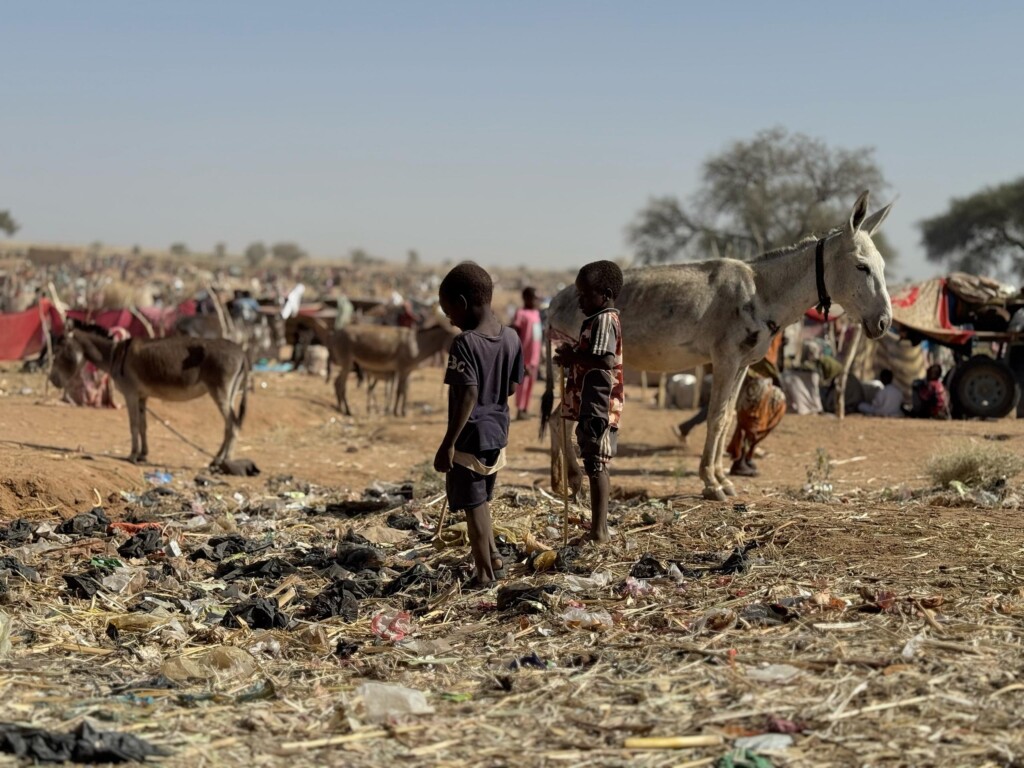
Children fleeing with their families from Zamzam to Tawila are searching in a landfill (File photo: Thomas van Linge / @ThomasVLinge)
Prepared by Sudan Tribune for Sudan Media Forum
Sudanese Rapid Support Forces (RSF) have converted Zamzam camp, near El Fasher, into a military barracks and artillery base used to shell the North Darfur state capital, military sources and local residents said, as thousands of displaced civilians flee widespread abuses.
The paramilitary RSF attacked Zamzam camp on April 10, seizing control after three days of clashes with a joint force and armed civilian groups. The takeover sparked a campaign of terror that led to hundreds of civilian deaths and the displacement of 406,000 people, according to the United Nations.
“The RSF has turned Zamzam camp into a military barracks teeming with soldiers and military vehicles, including Emirati armoured vehicles,” sources and witnesses told Sudan Tribune, a local news outlet. They said RSF forces positioned two howitzer cannons, which they used to shell El Fasher, located 12 km (7.5 miles) from the camp.
The United Nations reports that 180,000 displaced people remain trapped in Zamzam camp. Many of those who fled the initial assault sought refuge in Tawila, while others dispersed across El Fasher, parts of Central Darfur, and Tina in Chad.
Saboura Abakar, a mother of four, exemplifies the devastating human cost. She trekked for over 10 days from Zamzam to Tina, Chad, to escape the violence. Verified videos seen by Sudan Tribune showed RSF Deputy Commander Abdelrahim Dagalo in the vicinity of the camp during the attack.
Abakar recounted the attack to Sudan Tribune: “The Rapid Support Forces attacked us in the early morning hours of April 10. They fired highly explosive shells that burned down homes and some children inside these straw huts.”
“On the second day of the attack, RSF elements who reached deep inside the camp began to storm homes, firing indiscriminately at men, women, and children,” she added. “The soldiers were repeating abusive phrases towards the camp residents.” She noted RSF personnel also chanted racist and dehumanising terms against armed movement opponents, with even army personnel not being spared.
“On the third day of the attack, after we had completely lost food and drinking water became unavailable, and hunger and thirst overwhelmed the children, we decided to leave the camp towards Tawila,” Abakar said. “We covered more than 60 kilometres on foot amidst thirst and hunger, with children screaming.”
She described the perilous journey from Zamzam to Tawila, citing a heavy presence of RSF forces and Arab tribal militias along the route who killed and looted fleeing civilians.
Violations on the road
Fleeing civilians along the road between Zamzam camp and Tawila, where thousands have sought refuge, reported widespread abuses by the RSF, including killing, looting, and rape.
Mustafa Al-Nur, who reached the Chadian border after fleeing with thousands, told Sudan Tribune: “We saw with our own eyes the rape of girls, and even elderly women were not spared… Also, men over seventy years old are subjected to severe flogging, while young men up to fifty years old are killed directly on the pretext that they belong to the Joint Force and the army and want to escape the hell of El Fasher.”
“I counted at least 30 bodies, most of whom were killed by bullets, and some died of thirst and hunger along the road between Zamzam and Tawila,” he added, “without their relatives being able to bury them because RSF soldiers prevent that.”
Service centres destroyed
The RSF’s military actions have drawn widespread condemnation from regional and international bodies, as well as several United Nations organizations, which have denounced the incidents and demanded the RSF cease targeting civilians.
Hashim Mohamed Ali, a human rights activist, told Sudan Tribune that the RSF attack on one of Darfur’s largest displacement camps reflects the “brutality” of these forces and their “involvement in committing widespread violations against civilians,” noting their use of heavy weapons, including drones, which “dismembered the bodies of hungry displaced people.”
From the first day of their assault on Zamzam camp, RSF forces targeted essential service sites for the displaced, including water stations, hospitals, and medical centres operated by humanitarian organizations and the private sector.
Mohamed Khamis Duda, spokesperson for Zamzam camp, told Sudan Tribune that RSF forces destroyed approximately six large hospitals serving over a million displaced people, including El Fasher city residents. He said four of the destroyed hospitals belonged to the International Relief Organization (IRO), whose main hospital was attacked on the first day of the camp’s invasion, killing nine staff, including the IRO director for Zamzam and several doctors. He also noted the RSF destroyed two large hospitals operated by French Doctors Without Borders (Médecins Sans Frontières), which provided reproductive health, child malnutrition, and maternal and elderly care.
Duda also reported the destruction of the headquarters of Solidarités International, another French organization focused on providing clean drinking water. He stated that RSF forces deliberately targeted all service facilities, extinguishing any hope for the voluntary return of displaced persons.
Trapped in Zamzam
Despite the unbearable conditions in Zamzam camp due to extensive damage to hospitals and water sources, and the burning and looting of markets, Khamis Duda said a significant number of displaced people remain inside. He alleged RSF forces are holding them as human shields and preventing their departure.
He said those remaining face daily abuses, including killing, arrest, and demands for ransoms. He also reported dozens of women subjected to sexual violence. Duda highlighted the presence of numerous bodies still unburied in the open and inside burned homes, calling for a truce to allow displaced people to return and bury the dead.
Absam explained that international laws criminalise hate speech and racism and at the same time protect freedom of expression, belief, movement, and other rights. The constitutional document that was overturned by the October 2021 coup and then amended also stipulated that the constitutional document defined the nature of the state as a state of citizenship without discrimination based on race, religion, culture, sex, color, gender, social or economic status, political opinion, disability, regional affiliation or other reasons. The State shall be committed to respect for human dignity and diversity and shall be based on justice, equality and the guarantee of human rights and fundamental freedoms, as well as equality before the law, freedom of expression, the right to political participation and other rights.
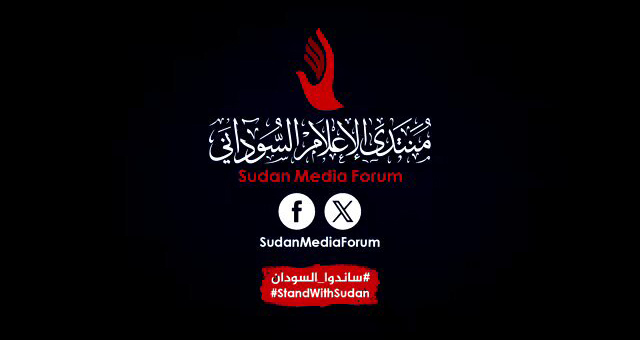
This report is prepared by Sudan Tribune and published via the platforms of Sudan Media Forum member organisations, to highlight the suffering of civilians in Zamzam camp, North Darfur.
#SilenceKills #الصمت_يقتل #NoTimeToWasteForSudan #الوضع_في_السودان_لايحتمل_التأجيل #StandWithSudan #ساندوا_السودان #SudanMediaForum #PressFreedom







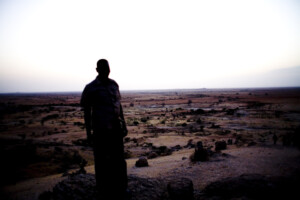
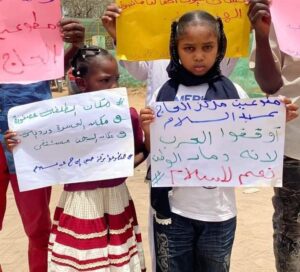
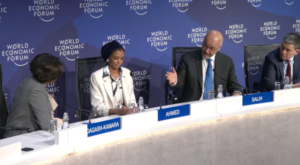

 and then
and then